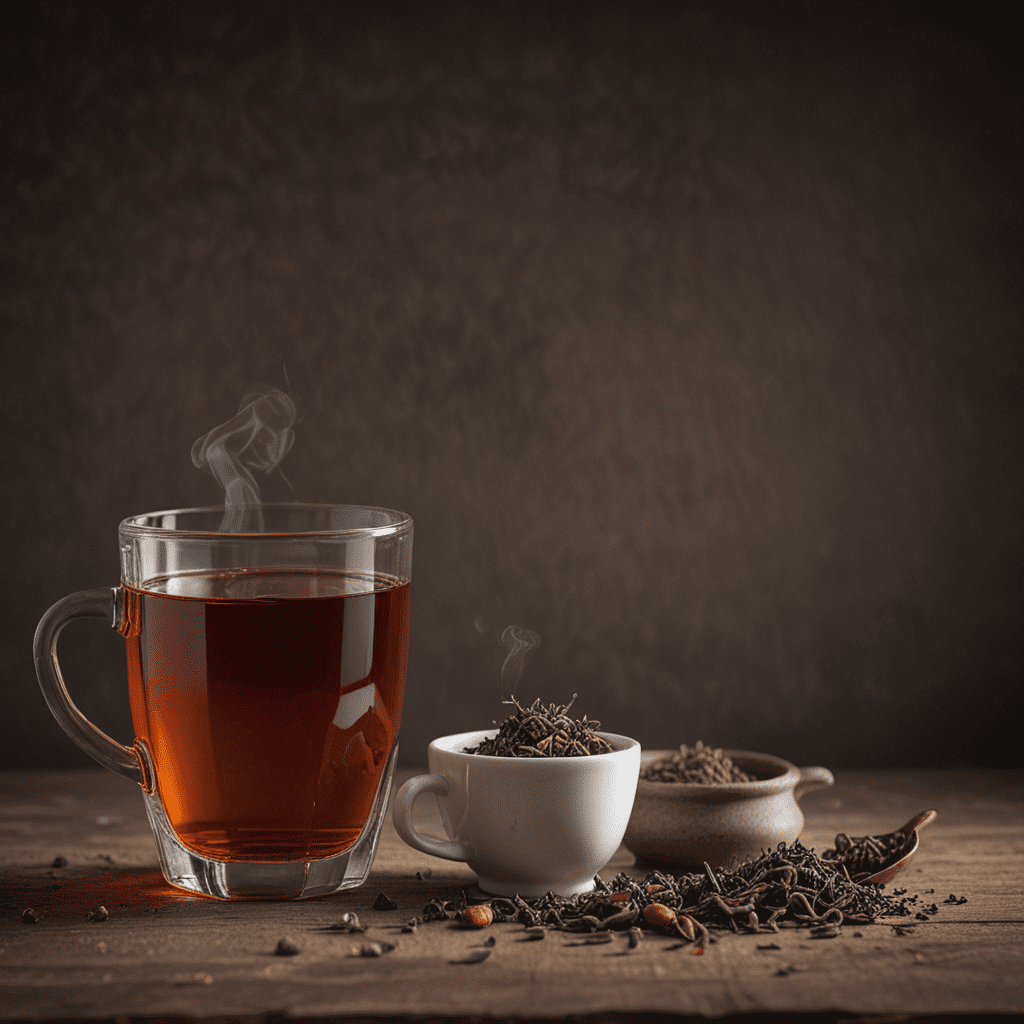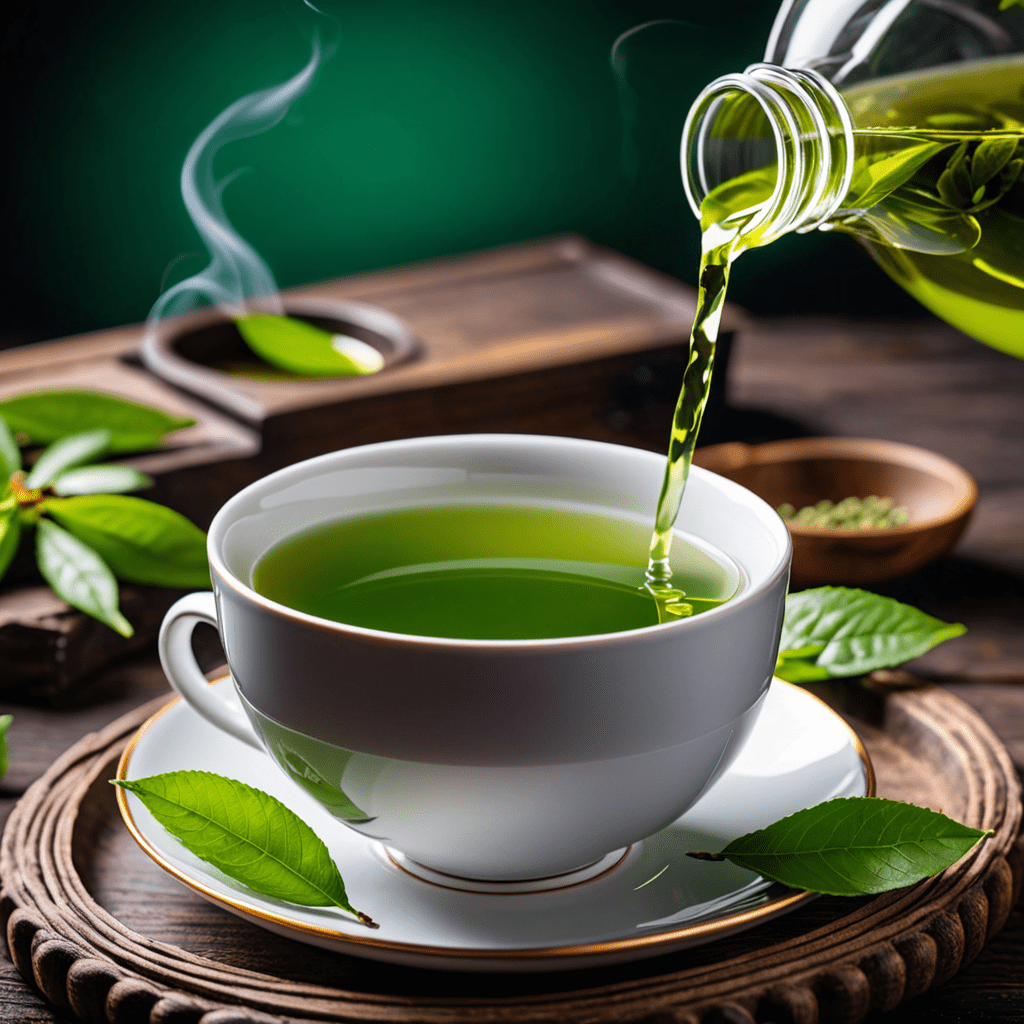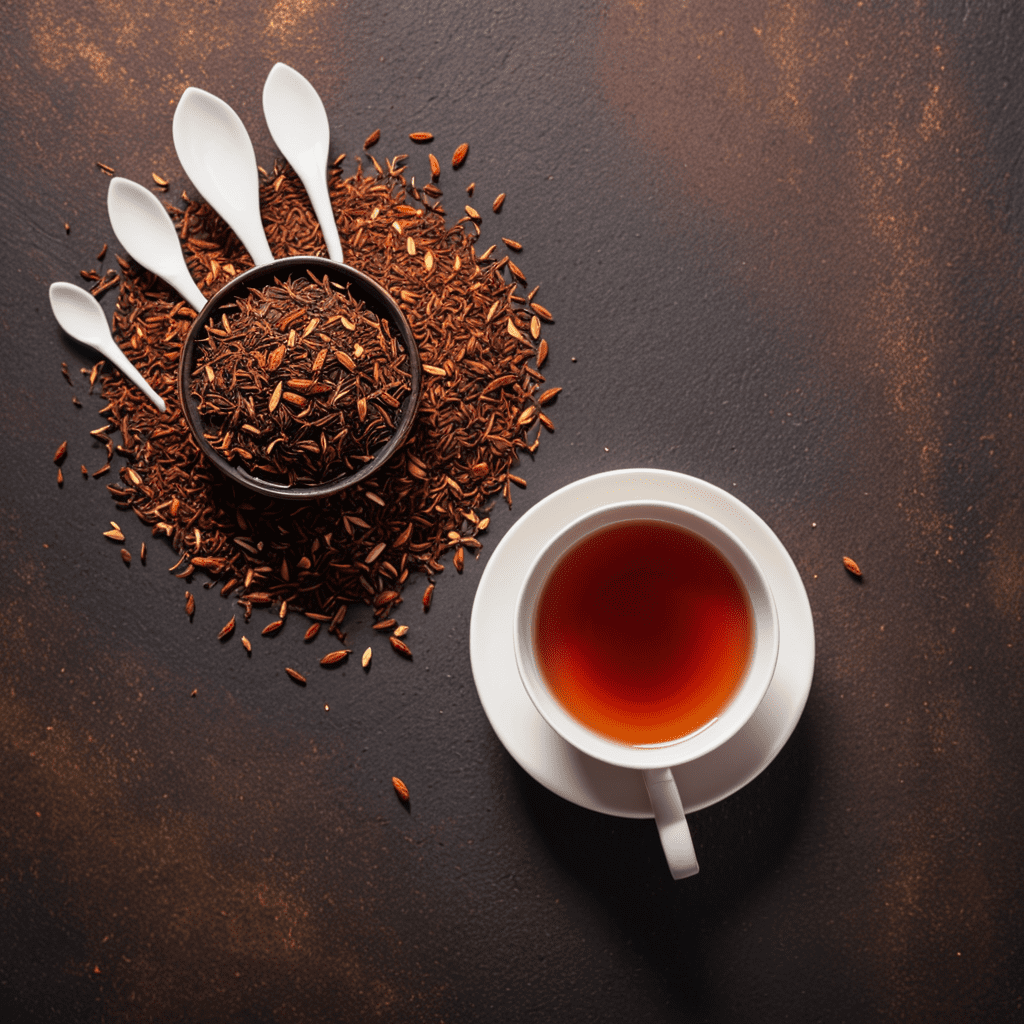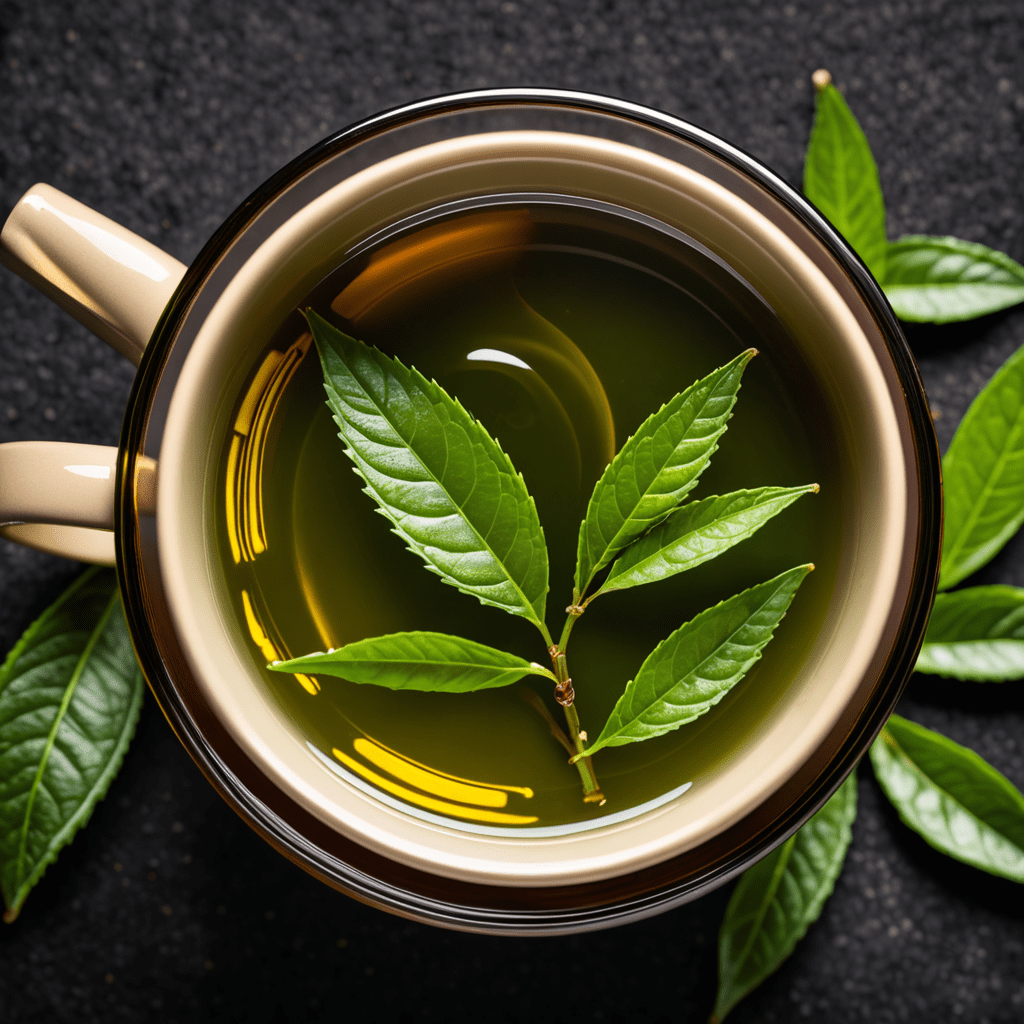Assam Tea vs Darjeeling Tea: A Flavorful Comparison
Introduction
The world of tea is vast and diverse, boasting a myriad of varieties with unique characteristics. Among the most celebrated are Assam tea and Darjeeling tea, both renowned for their distinct flavors and aromas. This comprehensive comparison delves into the origins, cultivation methods, taste profiles, health benefits, and more of these two exquisite teas, guiding you towards the perfect choice for your discerning palate.
Origins and Cultivation
Assam tea originates from the lush Brahmaputra Valley in northeastern India, where the humid climate and well-drained soil create an idyllic environment for its cultivation. Darjeeling tea, on the other hand, is grown in the picturesque Himalayan foothills of West Bengal, where the high altitude and cool temperatures impart a unique character to the leaves. The cultivation methods for these teas differ significantly, contributing to their distinctive flavor profiles.
VI. Caffeine Content
Caffeine is a natural stimulant found in tea leaves, and its levels vary depending on the variety and cultivation conditions. Assam tea tends to have higher caffeine content compared to Darjeeling tea, with an average of 50-80 milligrams per 8-ounce cup. Darjeeling tea, on the other hand, typically contains around 30-50 milligrams per cup. This difference in caffeine levels can impact sleep and alertness, making Darjeeling tea a better choice for evening consumption if sleep quality is a concern.
VII. Health Benefits
Both Assam and Darjeeling teas are rich in antioxidants, which protect the body against cell damage caused by free radicals. Assam tea is particularly high in theaflavins, while Darjeeling tea contains more thearubigins. These antioxidants have been linked to various health benefits, including reduced risk of cardiovascular disease, improved brain function, and anti-inflammatory properties.
VIII. Cost and Availability
Assam tea is generally more affordable than Darjeeling tea due to its higher production volume and lower labor costs. Darjeeling tea, with its limited production and high demand, commands a premium price. Both teas are widely available in tea shops and online retailers, although Darjeeling tea may have limited availability in some regions due to its restricted production.
IX. Conclusion
Assam and Darjeeling teas offer distinct flavor profiles, aromas, and health benefits, catering to a wide range of preferences. Assam tea, with its bold, malty character and higher caffeine content, is a robust choice for a morning wake-up call. Darjeeling tea, with its delicate muscatel notes and lower caffeine levels, is a refined beverage perfect for afternoon enjoyment. Ultimately, the best tea for you depends on your individual taste and preferences.
X. Frequently Asked Questions
Q: Which tea is stronger, Assam or Darjeeling?
A: Assam tea generally has a stronger flavor and higher caffeine content compared to Darjeeling tea.
Q: What is the best way to brew Assam tea?
A: Assam tea is best brewed with boiling water for 3-5 minutes, depending on your preferred strength.
Q: Which tea has more antioxidants?
A: Both Assam and Darjeeling teas are rich in antioxidants, but Assam tea tends to have higher levels of theaflavins, while Darjeeling tea contains more thearubigins.
Q: Is Darjeeling tea good for sleep?
A: Darjeeling tea has a lower caffeine content compared to Assam tea, making it a better choice for evening consumption if sleep quality is a concern.



